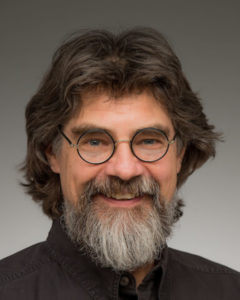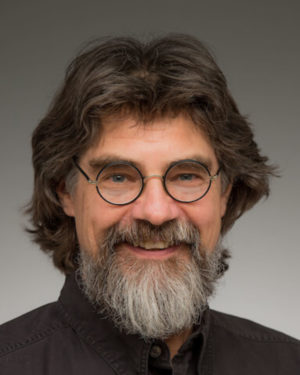Podcast: Play in new window | Download (Duration: 30:35 — 21.1MB) | Embed
Subscribe: Apple Podcasts | Spotify | Amazon Music | Android | Pandora | iHeartRadio | JioSaavn | Podchaser | Gaana | Podcast Index | Email | TuneIn | Deezer | Anghami | RSS | More

Episode 4 – The Form of Liturgy – Pathway to Sacred Mysteries with Dr. David Fagerberg Ph.D.
Dr. David Fagerberg and Kris McGregor discuss the form of liturgy and how it can become distorted.
Here are some of the topics explored in this episode:
The experience of lukewarm prayer.
The nature of humility and worship.
What is the form of liturgy?
What is Dulia and Latria?
Liturgy comes from whom we are worshipping.
From the discussion with Dr. Fagerberg:
The odd thing is that we can sometimes be proud of our humility and our self knowledge which makes us more vainglorious I have a couple of lines that I’m proud of having written, and this is one of them. So long as there is this old Adam ego humility will feel like humiliation. And if you wake up in the morning with a Christian smile and say, dear God, I’d like to become more humble today. He’ll accommodate you. There will be humiliations. Oh, I didn’t mean to say that. Oh, I meant to hold my tongue. Oh, I’m not even, I’m going to fact like it’s humiliating. Yes. That’s what it is to carry these crosses to be nailed with Jesus to the cross is for you to die to yourself, to your seam. This isn’t ego like healthy your strength. This is like me for as myself second, or there’s anything left. I’ll take it. This is a, God is my servant. Rather than me being his servant.
More taken from the discussion:
It’s not as if God is changing so rapidly, that new material has to be inserted into the liturgy. Just to keep up with him. If the liturgy were totally or even significantly culturally dependent, then we could say that it would need continual revision for, with a changing material. The form would have to be different too, but liturgy is not an expression of how people see things. Rather it proposes instead how God sees all people.
And still more:
They are Dulia and Latria. Dulia means a homage or reverence or respect you pay dulia to distinguished persons, or even places. The Archangel Gabriel gets dulia. Saint Augustin gets dulia. Mother Theresa gets dulia. The grotto at Notre Dame gets dulia. Lartia is different from dulia. And I don’t know if I can give it a single English word. So instead I’ll give it a description. Latria is what we give God. And only God, because he is God, you can give dulia to the emperor, but you must give latria to God. And you ought not to give latria to the emperor because that would be giving latria to something other than God, to an image of God, to something lesser than God, which in Greek was the word eídolo. And that’s where the word idolatry comes from idos lateria is giving latria to something other than God
For more podcast episodes of this series visit the
Pathways to Sacred Mysteries w/Dr. David Fagerberg page
David W. Fagerberg is a Professor in the Department of Theology at the University of Notre Dame. He holds master’s degrees from Luther Northwestern Seminary, St. John’s University (Collegeville), Yale Divinity School, and Yale University. His Ph.D. is from Yale University in liturgical theology.
Fagerberg’s work has explored how the Church’s lex credendi (law of belief) is founded upon the Church’s lex orandi (law of prayer). This was expressed in Theologia Prima (Hillenbrand Books, 2003). He has integrated into this the Eastern Orthodox understanding of asceticism by considering its role in preparing the liturgical person. This was treated in On Liturgical Asceticism (Catholic University Press, 2013). And these two themes come together in Consecrating the World: On Mundane Liturgical Theology (Angelico Press, 2016).
He also has an avocation in G. K. Chesterton, having published Chesterton is Everywhere (Emmaus Press, 2013) and The Size of Chesterton’s Catholicism (University of Notre Dame, 1998).







